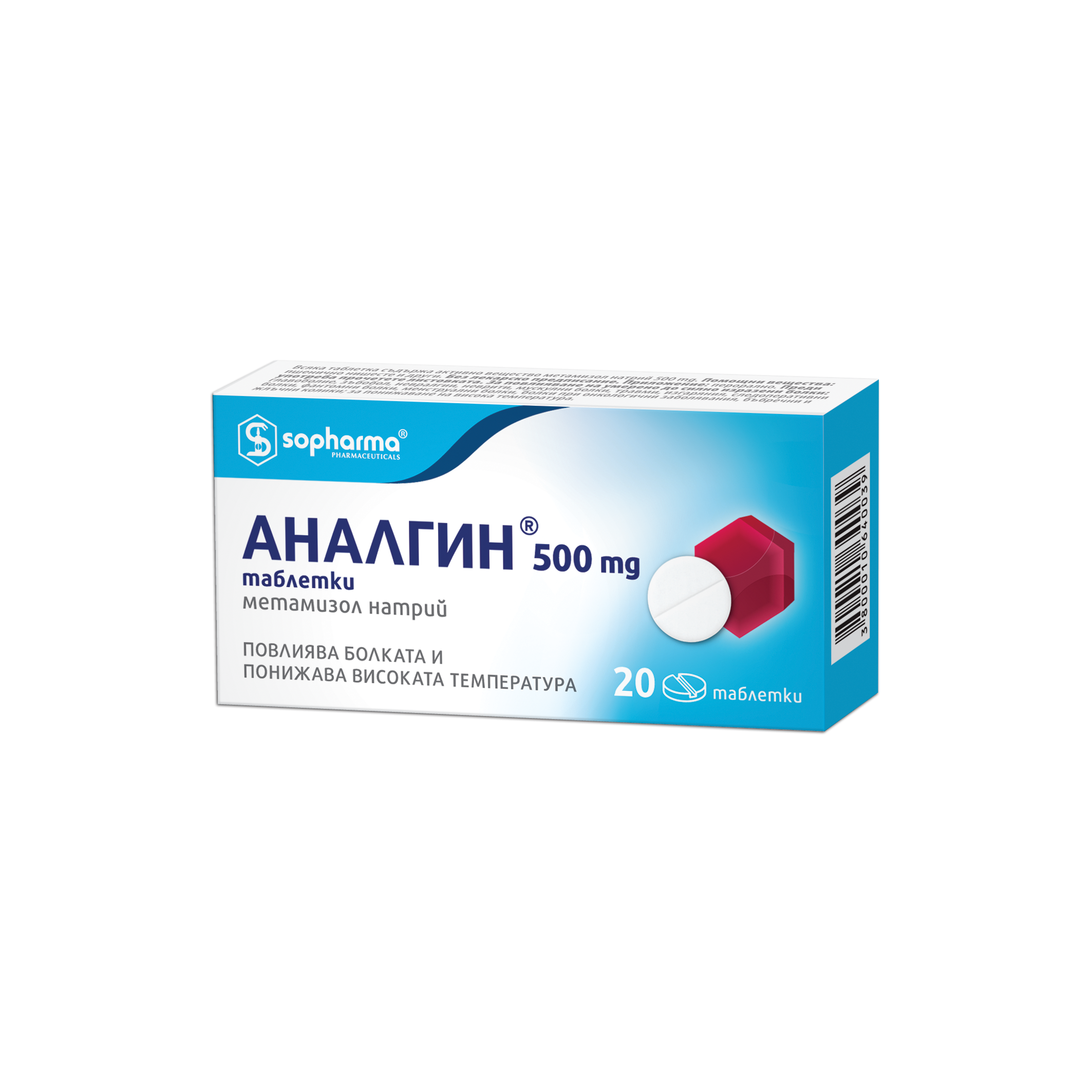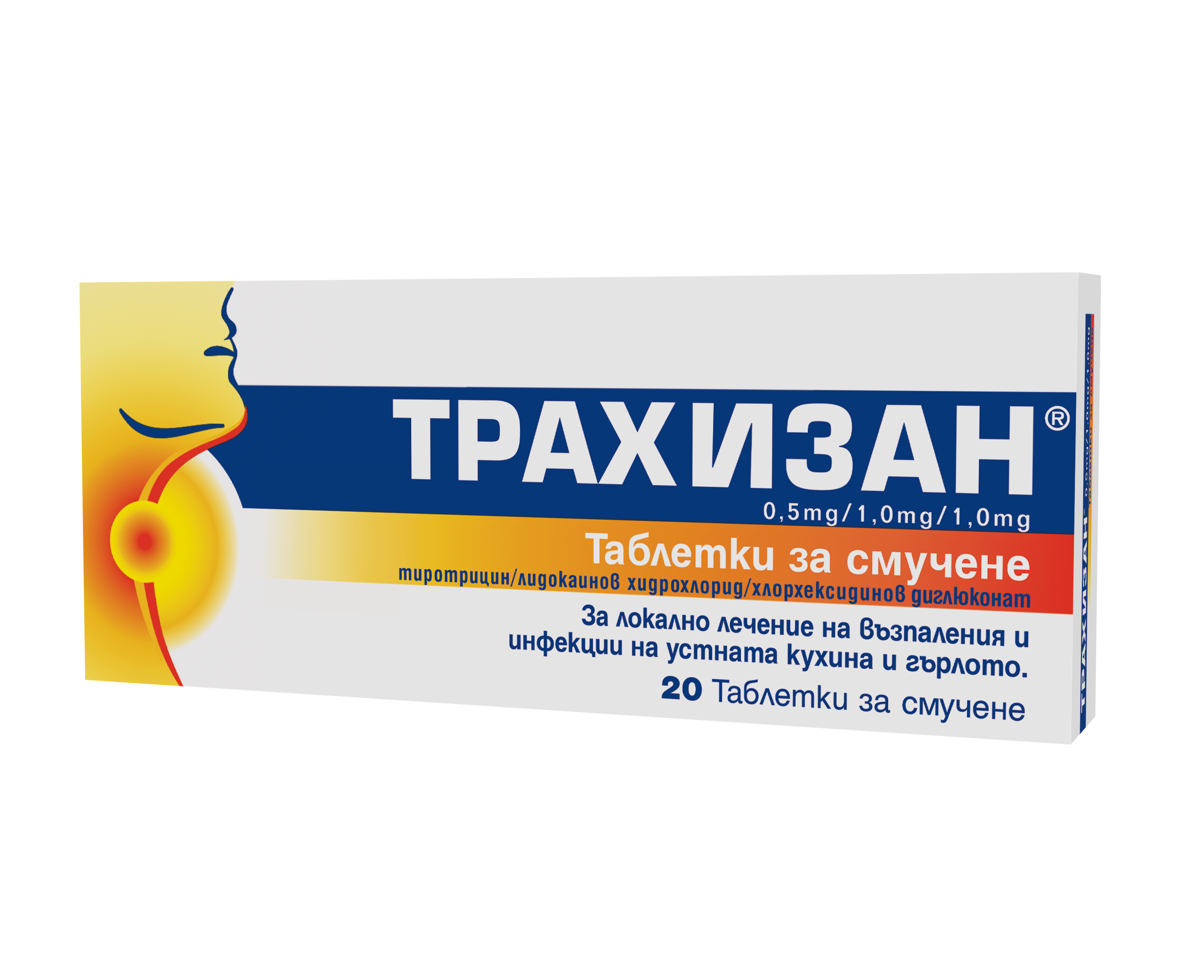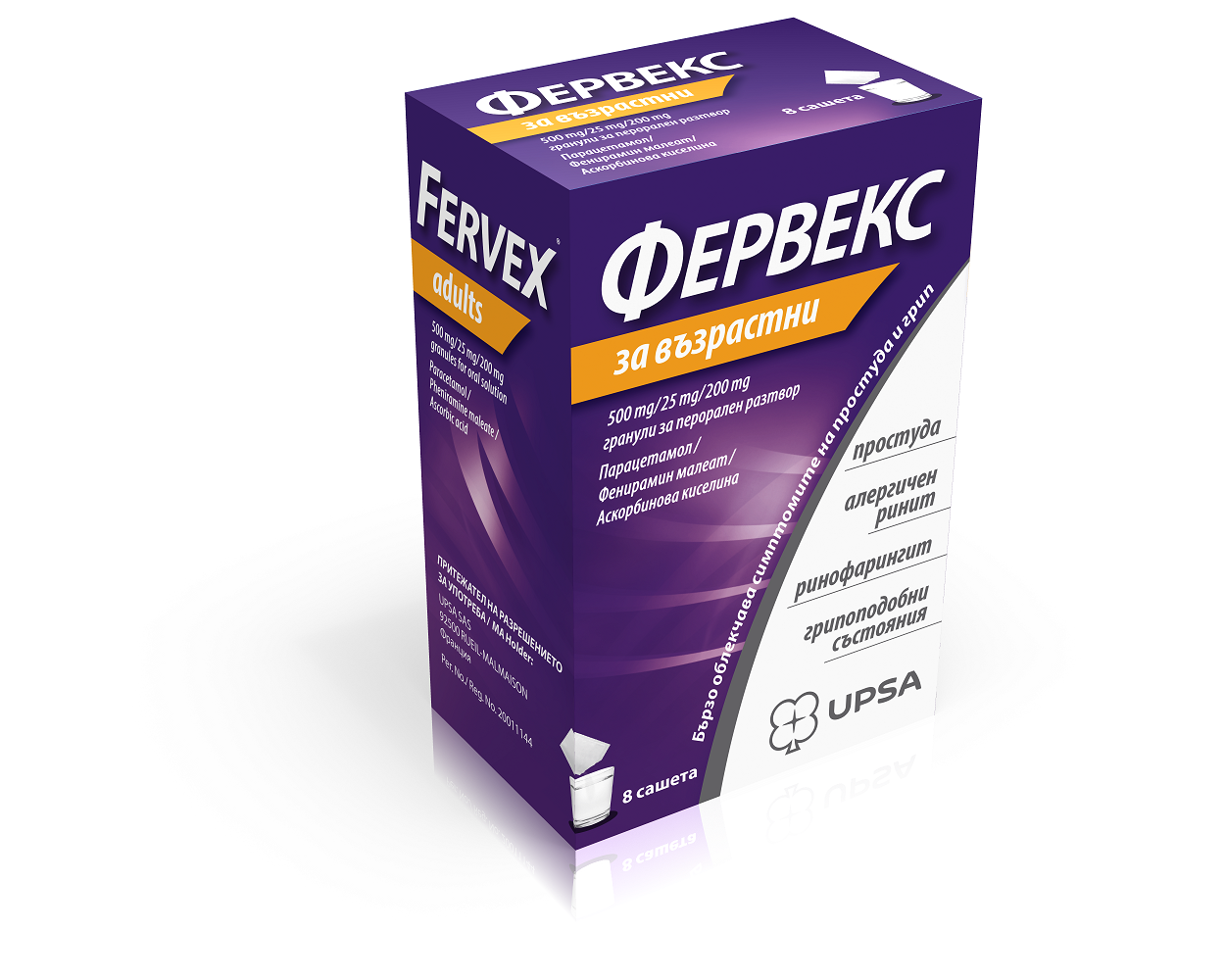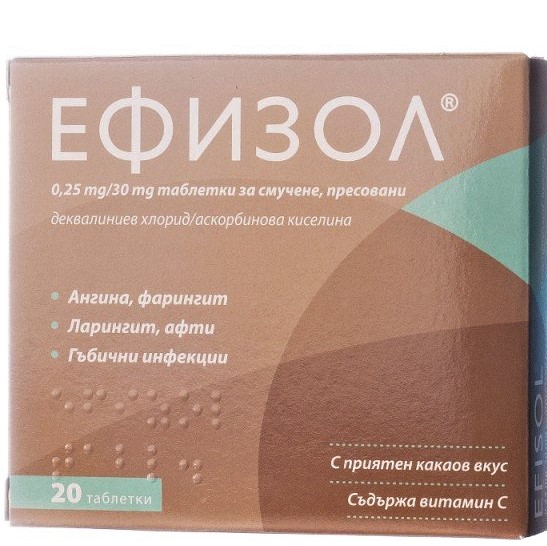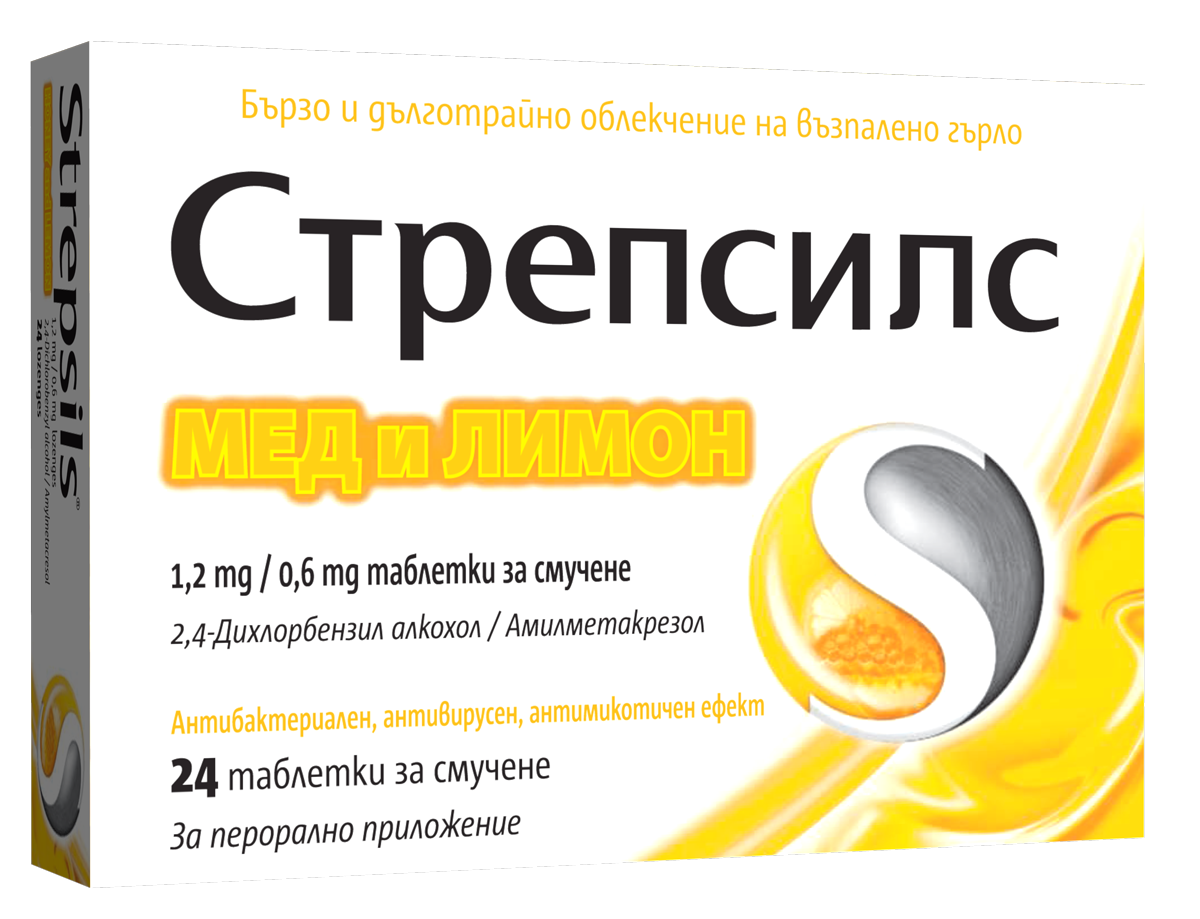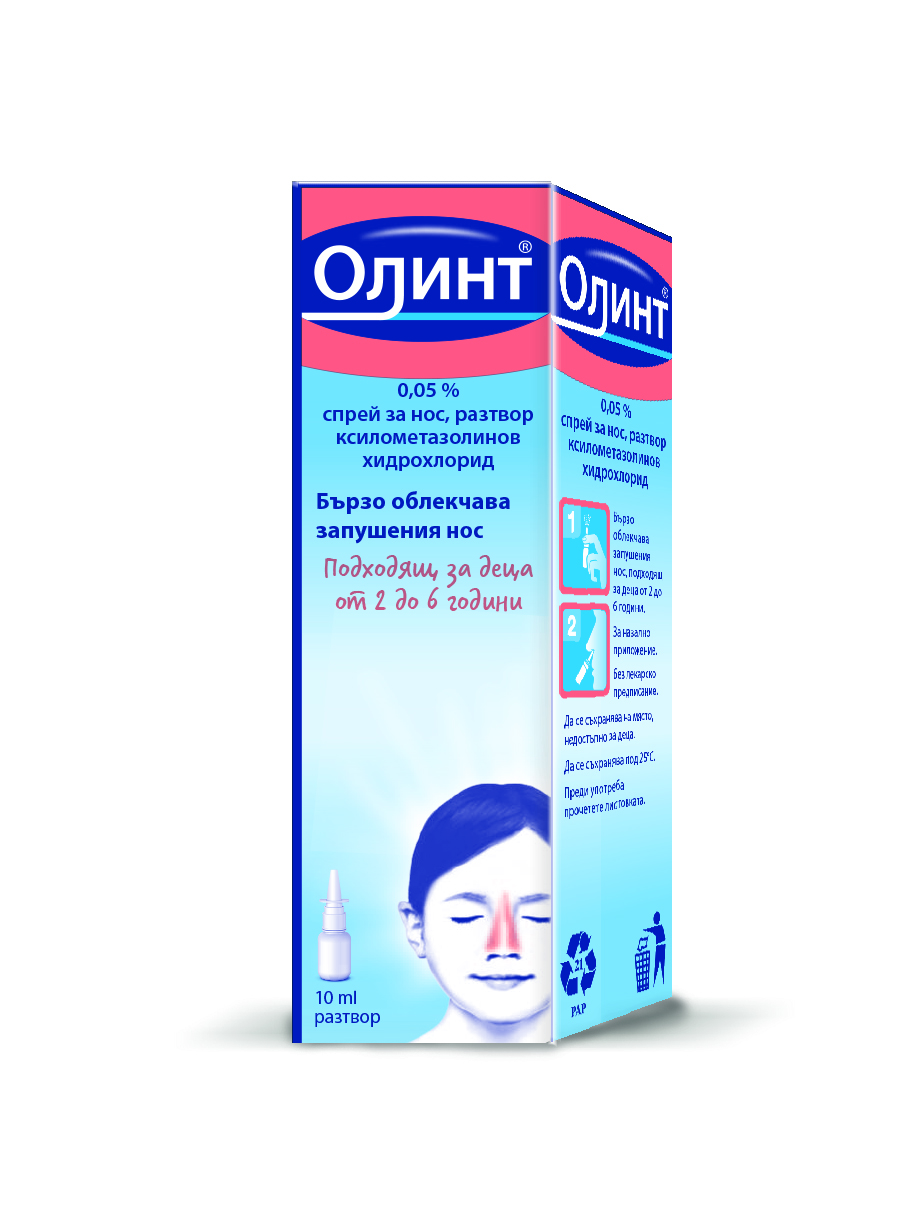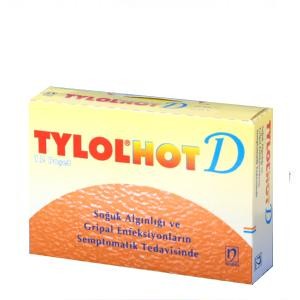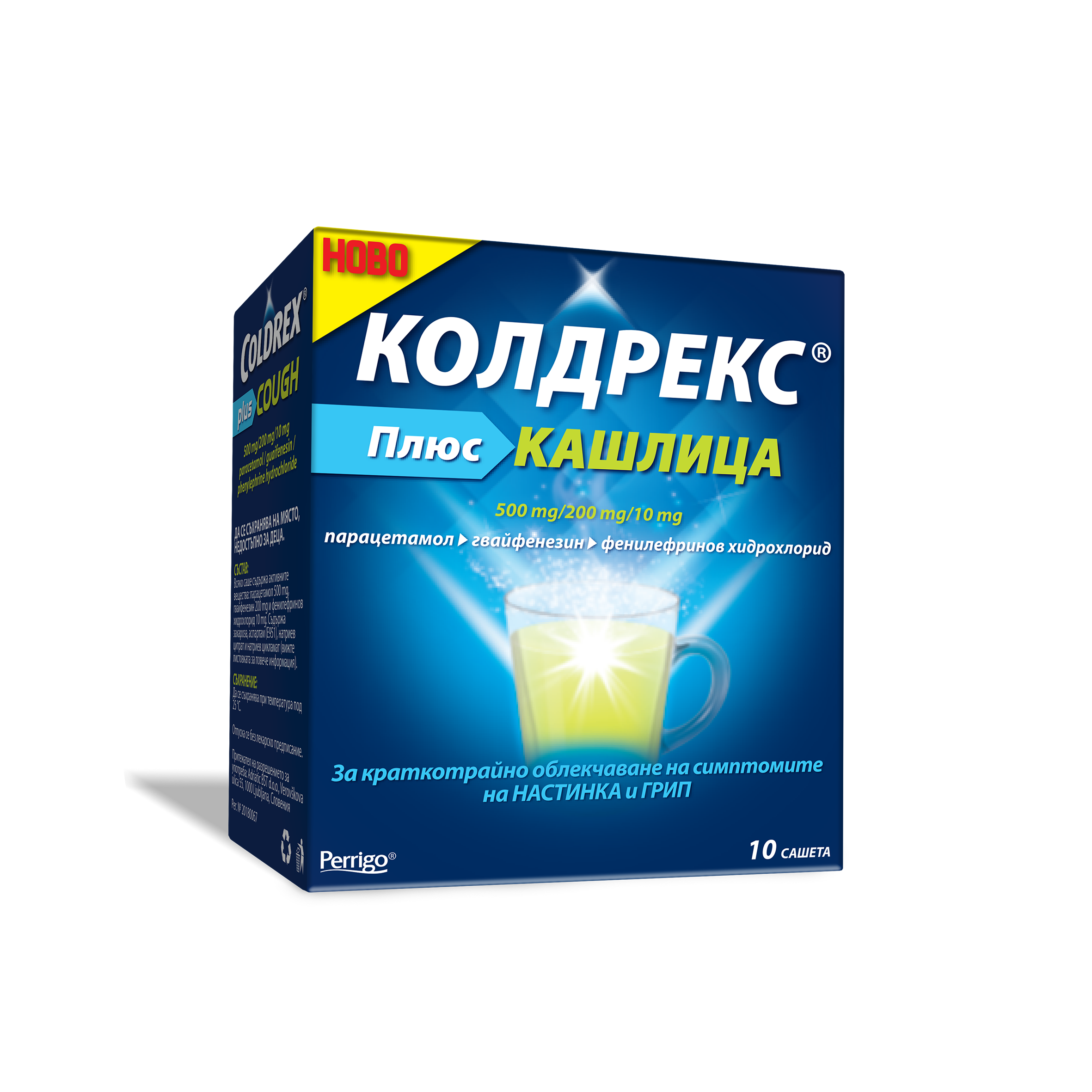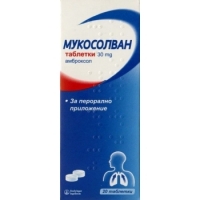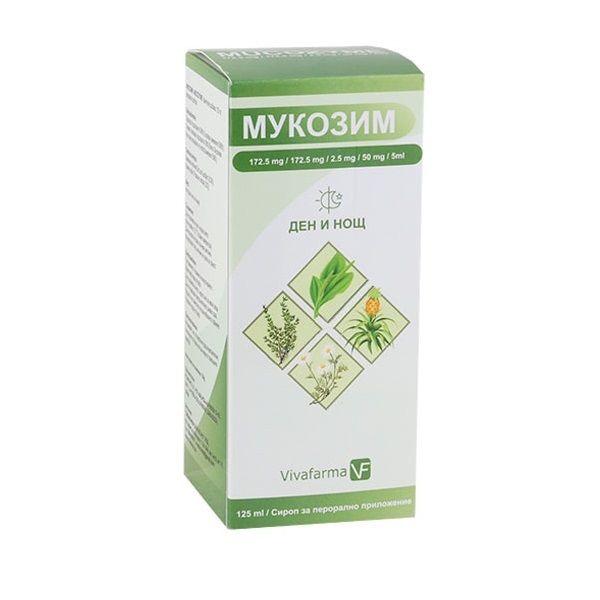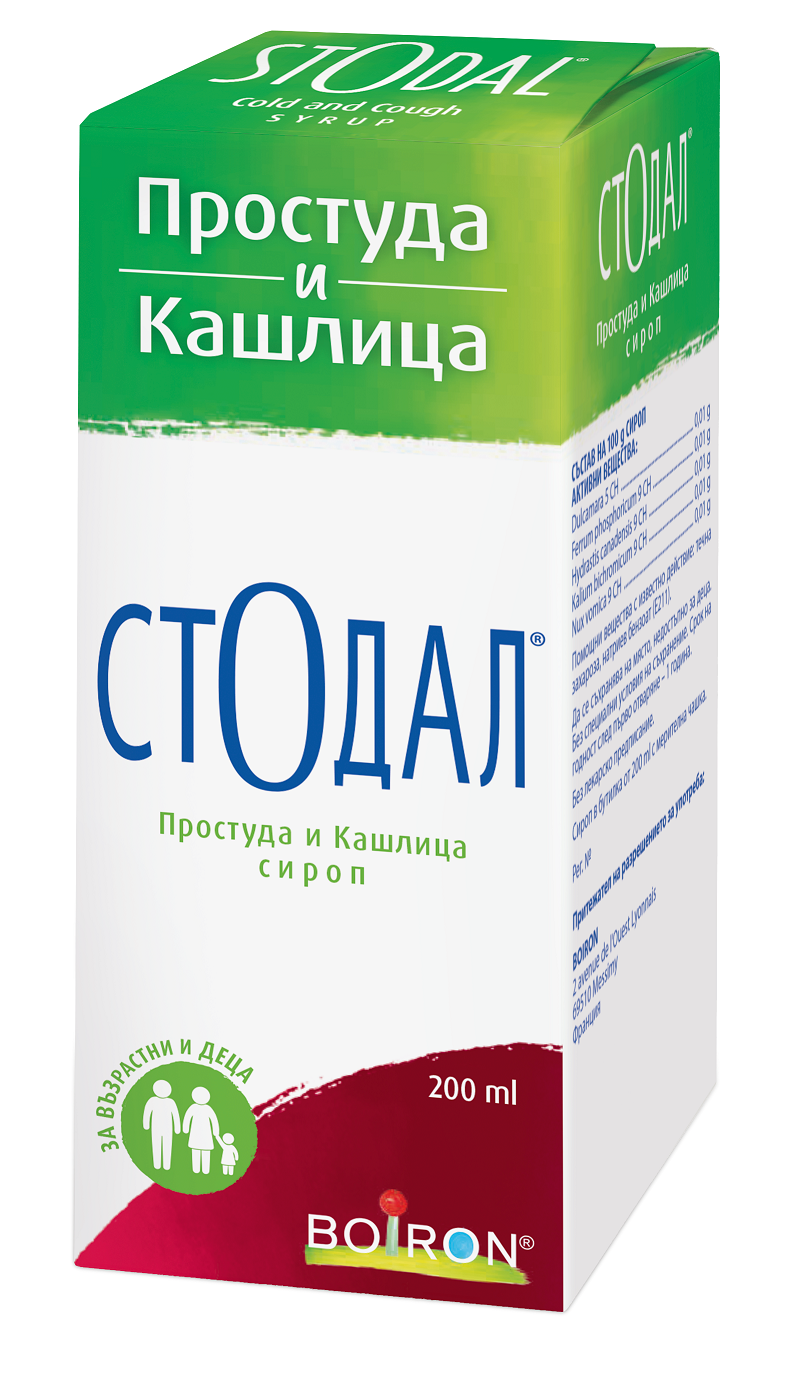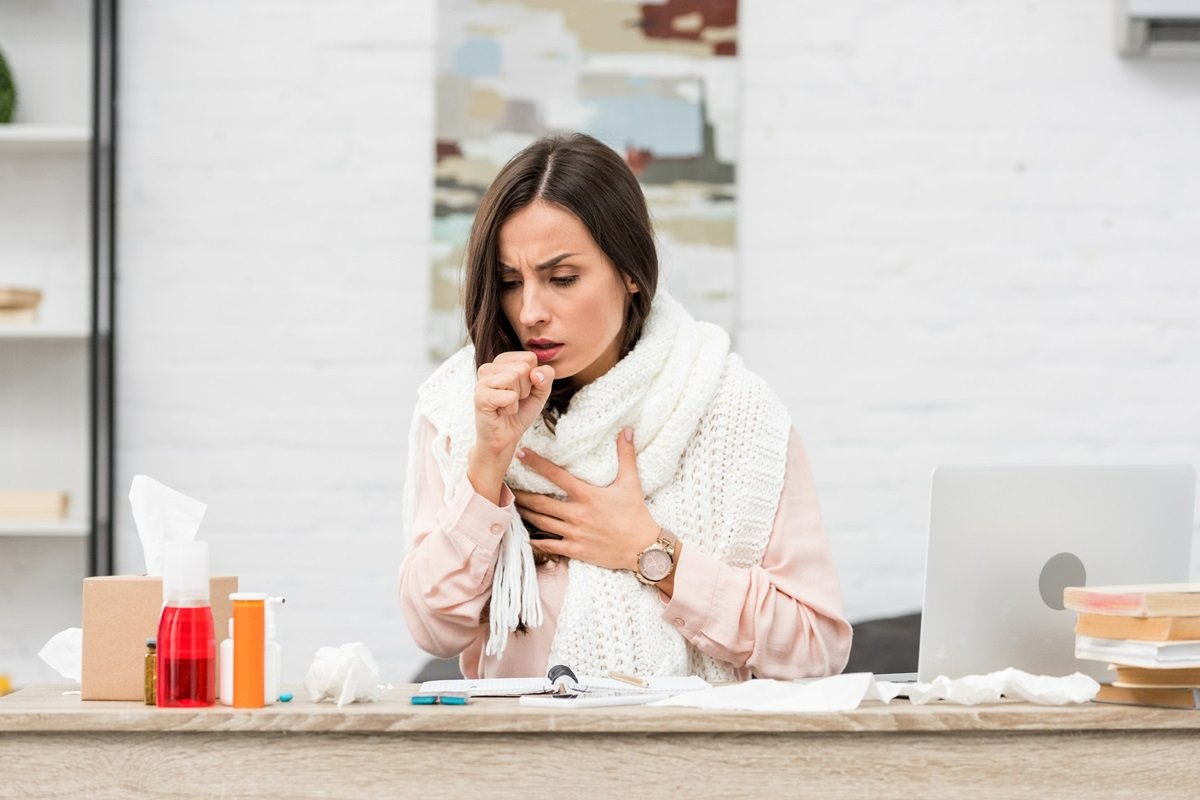
Coughing is a natural reflex that helps clear the airways of irritants and foreign bodies. However, a persistent cough can cause serious discomfort and even interfere with sleep. Although the cough will go away on its own within a few weeks, there are ways to soothe it and speed up the recovery process.
In this article we will look at whether it is possible to stop coughing instantly; we will see what home methods can help relieve a condition and when a doctor's consultation is necessary, especially in the case of a persistent or strong cough, and taking medicines.
What types of cough are there?
A cough can be extremely uncomfortable and interfere with normal daily activities.
As a natural defense mechanism of the body, which is activated by the brain every time an irritant enters the respiratory tract, cough can have many causes - from viruses and polluted air, overeating spicy or acidic food, allergic reaction to unintentional choking.
It can be basically divided into two types - productive or non-productive. In the former, there is secretion, while in the latter, also known as a dry cough, there is no or very small amounts.
A dry cough may be caused by an allergy, mold, sinusitis or taking certain medications. A common cause of this type of cough is asthma - a chronic disease with frequently recurring episodic attacks of a dry cough. The characteristic sound of a cough in asthma or bronchitis is the reason why it sometimes occurs as a wheezing cough. You can read more about the causes of this type of cough and what are the options for its treatment in our article "Dry cough - treatment".
A productive cough, on the other hand, can sometimes be encountered as a wet cough due to the presence of copious secretions. This type of cough can be caused by a cold, flu, infections such as sinusitis and bronchitis, reflux or the so-called gastroesophageal reflux disease (GERD). In some cases, it can also occur after smoking tobacco products, which irritates the throat and esophagus. Another cause can be chronic obstructive pulmonary disease, in which, however, a wet cough is a sign of worsening of the condition.
In addition to these two types, you may also encounter barking cough, which usually affects more children and is especially common in the autumn-winter period. In our cough article, we have looked at this and other types of cough in more detail.
Understanding the different types of cough is essential in order to identify the cause and take measures to effectively stop it.
How to stop coughing

A cough is a symptom that may be harmless, but it can also be an indicator of a serious condition.
Some home remedies from folk medicine can help stop a cough immediately, but if the condition does not go away, but on the contrary, you notice a worsening, it is best to seek medical help.
Home remedies to stop cough instantly
Home remedies that can relieve a cough and help with a cold range from warm herbal tea with honey to inhalations.
First of all, it is very important to drink enough fluids. Drinking plenty of fluids, such as water, tea and warm soups, helps to moisten the throat and reduce irritation. In addition, in the presence of secretions and a runny nose, warm liquids help to dilute them and make them easier to pass. Among the herbs, linden, chamomile and thyme have a beneficial effect, as well as rosehip tea, which has a high content of vitamin C.
If you don't like herbal teas, even warm water with honey will help with this problem. A spoonful of honey can soothe an irritated throat and ease a cough. Eat the honey directly or mix it with warm water, it all depends on your preference. But it is important to note that honey is not suitable for children under one year, due to the risk of an allergic reaction.
Gargling with salt water can also help relieve throat irritation and persistent coughs. Mix half a teaspoon of salt in warm water and gargle for about 30 seconds before spitting it out.
Another home remedy that is easy to implement is inhalations or inhaling steam from a bowl or other small container of hot water, which can help loosen mucus and relieve a cough. You can also use essential oils (if you do not have an allergy or intolerance to them). Add a few drops of essential oil to the water and inhale. Mint or eucalyptus is suitable. Similarly, taking a warm shower and inhaling the steam could also lead to improvement.
Maintaining a good level of humidity at home can also help to relieve a cough. Often in the cold winter months, the active use of air conditioners or other heating devices leads to excessively dry air at home. The dryness of the air in the room leads to irritation of the respiratory tract and coughing. It is recommended to ventilate frequently and use humidifiers to avoid the problem.
Although home remedies for cough may provide some relief, it is important to consult a doctor if symptoms persist or worsen.
Medicines
If home remedies don't help get the immediate cough relief you want, certain over-the-counter syrups, lozenges, or lozenges may help.
Among cough medicines, herbal syrups and pastilles are particularly popular. Syrups for adults are suitable for dry and wet coughs, and often contain thyme, ivy, honey and other ingredients that help moisten the mucous membrane, facilitate the passage of secretions and soothe the throat.
You can also find herbal elixirs in combination with essential oils, which will not only soothe the throat and oral cavity, but also help the body with flu and colds.
Lozenges are a great way to soothe the throat, help expectorate tough secretions and calm coughs. They're easy to take, even when you're on the go.
If the cough does not go away it is important to see your GP as expectorant medicine and antibiotics may be needed. The dosage and duration of administration are determined by the specialist who prescribes them.
Consultation with a doctor is imperative if your cough:
- is severe or lasts more than two weeks;
- thick, yellow or green mucus is present.
- accompanied by fever, shortness of breath or chest pain;
- worsens at night or interferes with sleep;
- does not improve with home remedies and over-the-counter medications;
- accompanied by a rash or other unusual symptoms.
If you suffer from medical conditions such as asthma, chronic obstructive pulmonary disease (COPD), or a weakened immune system, it is imperative that you consult a physician for proper diagnosis and treatment.
Immediate stoppage of cough in children

A child's immune system, which is still adapting and getting used to its surroundings, makes children more susceptible to colds and flu. And if the child already attends kindergarten or school, cough and runny nose can be a frequent problem, especially in the autumn and winter period.
Instantly stopping a cough in children with home remedies can be a difficult task due to the child's reluctance to take salt water, teas or gargle with salt. In this case, syrups, lollipops or pastilles specially designed for children, which have a pleasant taste for easier intake, can help alleviate the unpleasant condition.
While home remedies such as warm liquids and steam inhalations or inhalations are helpful, for children under six it is extremely important to consult a pediatrician before giving any over-the-counter medications.
Self-medication without consulting a pediatrician can be risky, especially when it comes to a child. The wrong drug or dosage can lead to adverse effects. Prompt medical attention is essential for a persistent or severe cough to determine the underlying cause and receive appropriate treatment.
From the article you learned what the different types of cough are, how to deal with cough in adults and children, and how you can relieve the unpleasant condition quickly.
Although cough relief is essential, it is extremely important to prioritize overall health by seeking professional medical advice and avoiding self-medication.
If you want to read other informative articles on health topics, check out our Health Portal.


